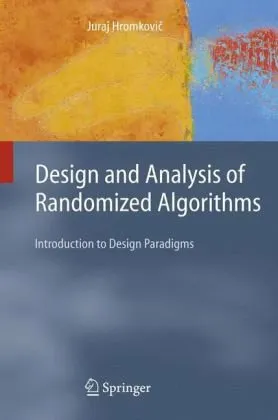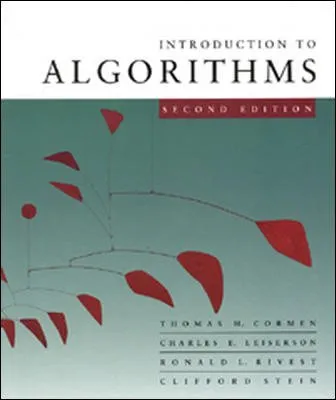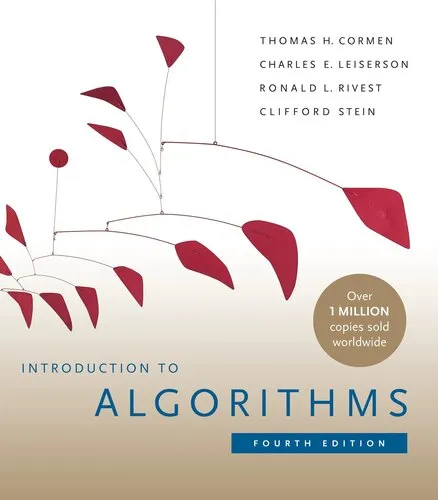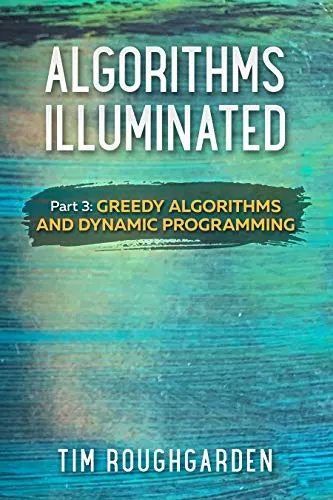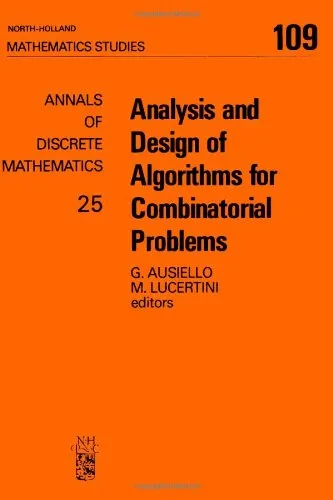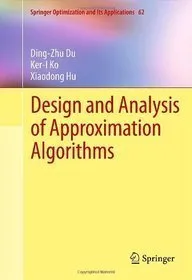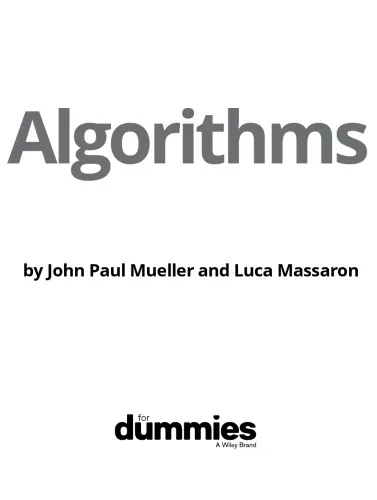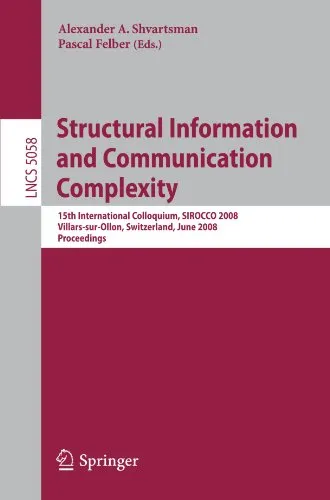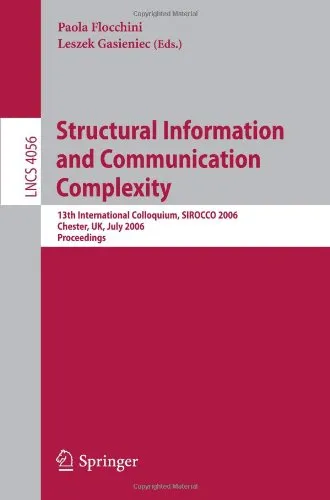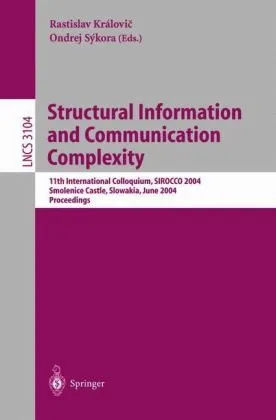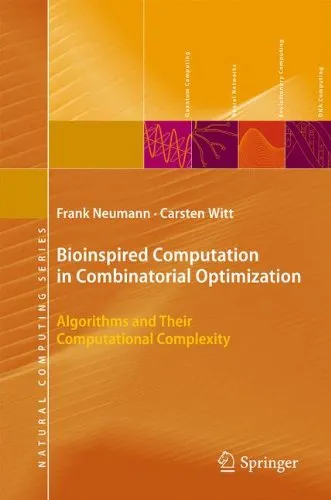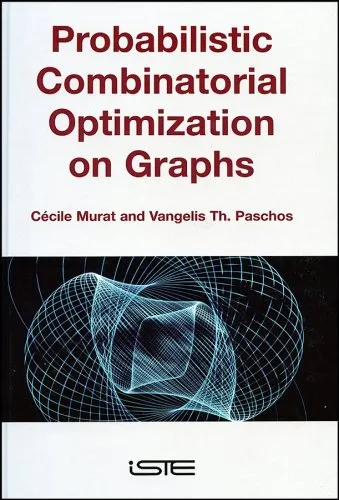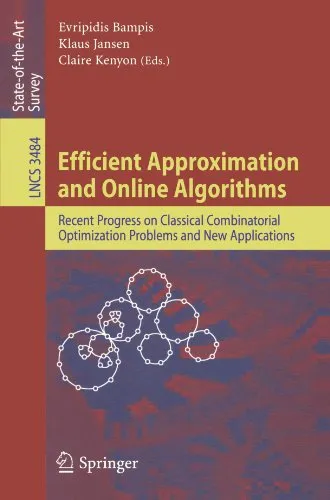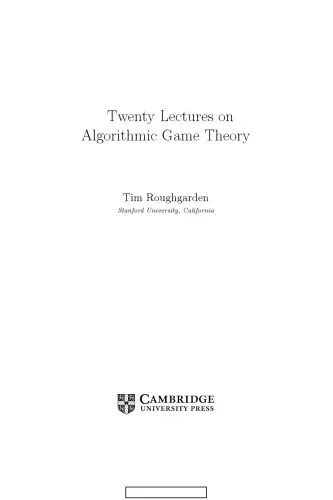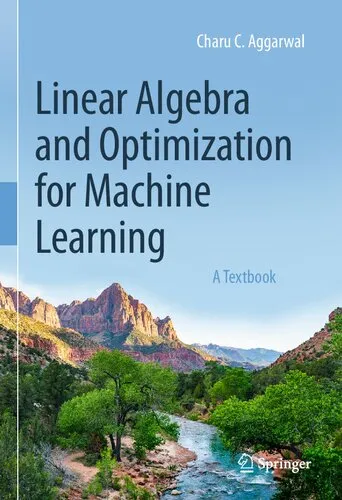Design and Analysis of Randomized Algorithms: Introduction to Design Paradigms
4.0
Reviews from our users

You Can Ask your questions from this book's AI after Login
Each download or ask from book AI costs 2 points. To earn more free points, please visit the Points Guide Page and complete some valuable actions.Related Refrences:
Welcome to the introduction of Design and Analysis of Randomized Algorithms: Introduction to Design Paradigms, a pivotal text in the field of computer science that bridges the gap between theoretical concepts and practical implementations of randomized algorithms. This book serves as an essential resource for students, researchers, and professionals interested in deepening their understanding of how randomness can be a powerful tool in algorithm design.
Detailed Summary
The journey through this book begins with a comprehensive exploration of the foundational concepts of randomized algorithms. Unlike deterministic algorithms, which are predictably structured, randomized algorithms incorporate randomness as an intrinsic part of their logic, often leading to more efficient or simpler solutions.
The book is structured to progressively build the reader's understanding, starting with basic randomized techniques and evolving into complex paradigms. It explains the underlying theory and offers practical examples that illustrate how randomness can solve computational problems more effectively.
Whether it’s the simplicity of Monte Carlo methods or the elegance of Las Vegas algorithms, the book elucidates various principles through meticulous analysis and compelling case studies. Advanced topics include the study of derandomization processes and the striking applications of probabilistic methods in large-scale data processing.
Key Takeaways
- Understanding the core principles of randomness and its application to algorithm design.
- Insight into how randomized algorithms can outperform their deterministic counterparts in specific scenarios.
- A deep dive into classic algorithms such as Quicksort and modern techniques such as Randomized Rounding.
- Techniques for analyzing and proving the correctness and efficiency of randomized algorithms.
- Real-world applications and potential future developments in the landscape of randomized computation.
Famous Quotes from the Book
“Randomness functions not just in the absence of order, but as a cornerstone of clear, calculable order that supersedes predictable patterns.”
“The beauty of a randomized algorithm lies in its paradoxical simplicity amidst a chaotic universe.”
Why This Book Matters
In an era where complexity and data scales are reaching unprecedented levels, the need for efficient computational strategies has never been greater. This book demystifies the notion of randomness and adapts it into a structured approach for tackling complex computational problems. By enhancing the reader's capability to conceive and implement randomized solutions, this text not only serves as a guide for academic learning but as a critical resource for industry professionals. The union of theory with practical demonstration within this book reflects its unique contribution to the field, while its emphasis on foundational understanding establishes its value as more than just a technical manual.
Ultimately, Design and Analysis of Randomized Algorithms clarifies the role of randomness in computing, casting it as not just an anomaly to be managed, but as an essential and empowering tool. As we continue to transcend new technological frontiers, the insights offered through this book will remain invaluable in shaping the future of algorithmic design.
Free Direct Download
You Can Download this book after Login
Accessing books through legal platforms and public libraries not only supports the rights of authors and publishers but also contributes to the sustainability of reading culture. Before downloading, please take a moment to consider these options.
Find this book on other platforms:
WorldCat helps you find books in libraries worldwide.
See ratings, reviews, and discussions on Goodreads.
Find and buy rare or used books on AbeBooks.
1593
بازدید4.0
امتیاز0
نظر98%
رضایتReviews:
4.0
Based on 0 users review
Questions & Answers
Ask questions about this book or help others by answering
No questions yet. Be the first to ask!
